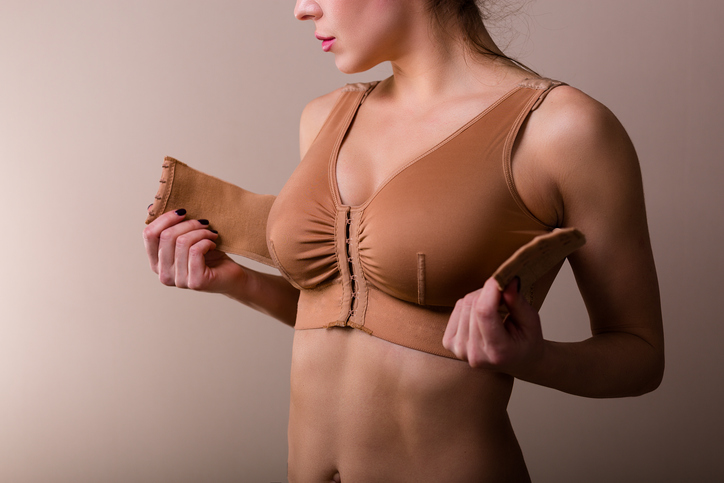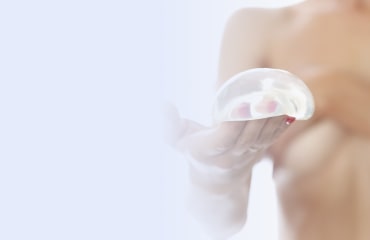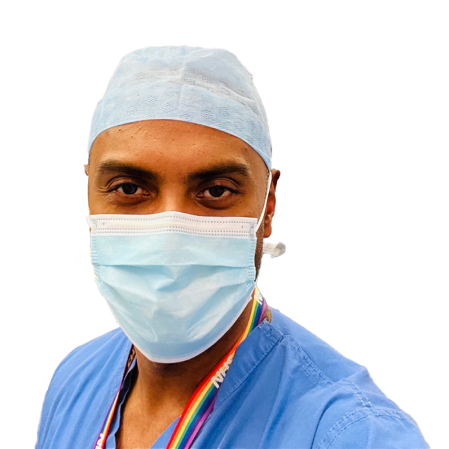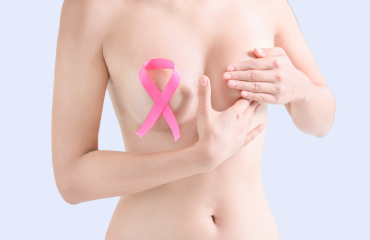-
- Follow the Surgeons instructions: Your surgeon will provide detailed post-operative instruction tailored to your specific case. It is crucial to follow these instructions diligently. They may include guidelines regarding dressings, wound care, medication, supportive bra use, activity restrictions and follow-up appointments. Adhering to these instructions will promote proper healing and minimise the risk of complications.
- Take adequate rest: Rest is essential for a speedy recovery. Allow yourself ample time to rest and heal during the initial days following surgery. Avoid any strenuous activities, lifting heavy objects or engaging in exercise until your surgeon gives you the green light. Remember that everyone’s recovery time may vary so listen to your body and give it the rest it needs. This is true in the early postoperative period even if you feel well and want to get out to do something more strenuous. Always check with your surgeon.
- Manage pain and discomfort: Breast surgery can cause some discomfort and pain during the recovery period. Your surgeon will prescribe appropriate pain medications to help manage any discomfort. Take these medications as directed and if you experience any severe or prolonged pain inform your surgeon promptly. Additionally applying ice packs or using cold compresses on the breasts can help reduce swelling and alleviate discomfort.
- Maintain proper wound care: Proper wound care is crucial for minimising the risk of infection and promoting healing. Follow your surgeon’s instructions regarding dressing changes, cleaning the incision sits and avoiding any unnecessary trauma to the surgical areas. Be vigilant about maintaining good hygiene and keep an eye out for any signs of infection such as excessive redness, swelling or discharge. If you notice any concerning changes contact your surgeon immediately.
- Wear a supportive bra: Wearing a supportive bra as recommended by your surgeon is vital during the recovery period. A well fitted supportive bra can provide comfort, reduce swelling and aid in maintaining the shape of your breasts. Avoid underwire bras initially as they may irritate the incision sites. Opt for soft breathable bras made of non-abrasive materials. Your surgeon may recommend a particular bra and will usually want you to wear it day and night until they inform you otherwise. This is crucial to the cosmetic success of your surgery.
- Adopt healthy lifestyle habits: Maintaining a healthy lifestyle can significantly contribute to your recovery. Eat a balanced diet rich in nutrients, vitamins and protein to aid in tissue repair. Stay hydrated and limit your consumption of alcohol and caffeine as they can interfere with the healing process. If you smoke it is imperative to quit smoking or at least avoid smoking during the recovery period as smoking can impair healing and increase the risk of complications.
- Seek emotional support: Recovering from breast surgery can be an emotional journey, It is normal to experience a range of emotions during this time. Seek support from your loved ones, join support groups or consider talking to a counsellor or therapist who specialises in post-operative care. Taking care of your emotional well-being will contribute to a positive recovery experience.
Recovering from breast surgery requires patience, self care and adherence to your surgeons’s instructions. By following these 7 essential tips you can help ensure a successful recovery and achieve the best possible outcomes following breast surgery. Remember to consult with your surgeon if you have any concerns or questions during your recovery journey. Together you and your surgeon can work towards a safe and satisfying recovery from your breast surgery. If you wish to learn more why not come and see me http://www.drseni.com/contact
Seni Mylvaganam
Consultant Oncoplastic Reconstructive and Cosmetic Breast Surgeon








